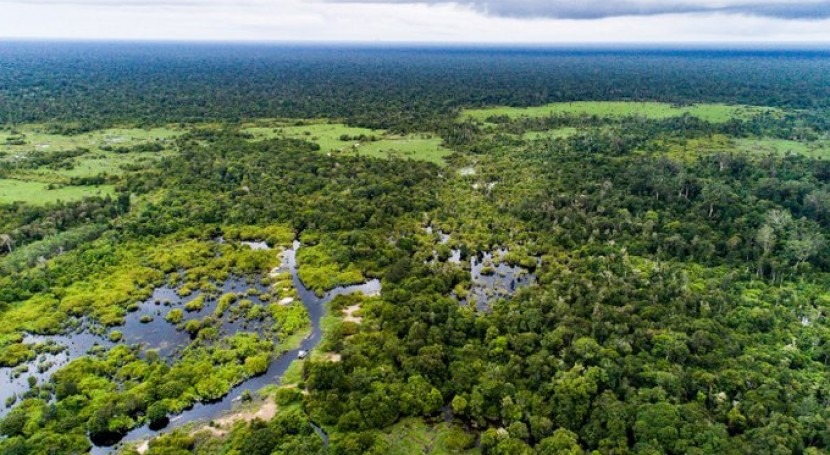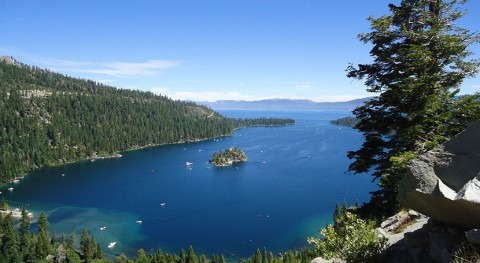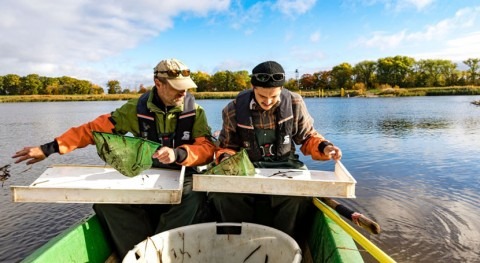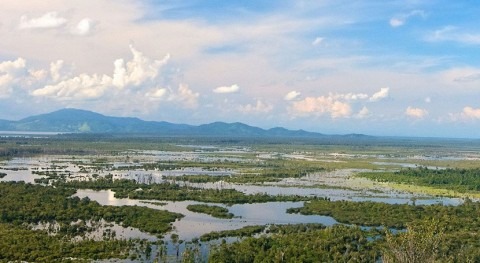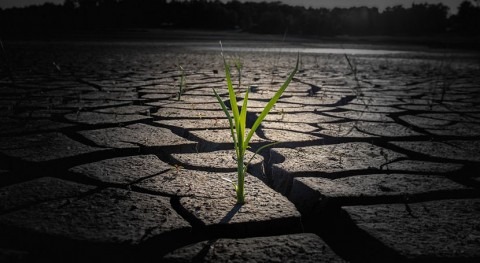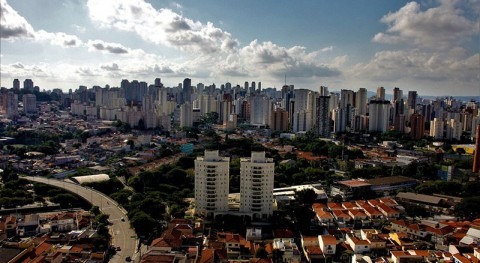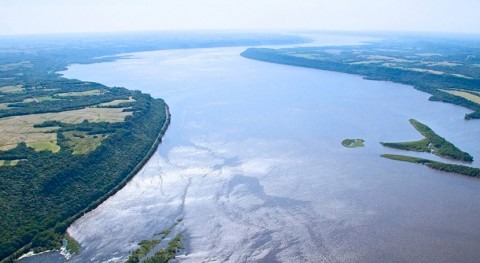It is well known that peatlands matter for livelihoods, carbon storage, flood mitigation, and water quality, but a recent study has shown that peatlands also matter for human health.
The study suggests that thousands of deaths could be prevented over the next three decades across Indonesia, Malaysia and Singapore through improved land management to reduce the number and extent of peatland fires. The fires contribute to dangerous levels of particulate matter harmful to human health. Air quality near large population centres could improve significantly, saving lives, the study found.
Researchers looked at data from models of varying land use and land cover, including emissions due to fires. Taking into account such factors as population exposure, smoke distribution and health impacts, the researchers were able to determine the best strategies to manage and protect land while also improving human health outcomes.
They concluded that protecting peatlands alone could prevent about 24,000 deaths per year across the three countries.
As part of this research, a case study in Indonesia showed that nearly 12,000 deaths could be prevented each year if the Indonesian Peatland Restoration Agency sites are all rewetted and restored. These sites cover about 2 million hectares—about 7.5 per cent of Indonesia’s peatlands—and were deemed critical for restoration after the 2015 Indonesian fires.
The study also developed an online software tool to allow policymakers and decision makers to look at public health outcomes associated with different land use decisions.
Peatlands are priority ecosystems to prevent burning as they emit more smoke than other burning biomes. Protecting peatlands in Indonesia, Malaysia and Singapore could reduce fire emissions and avert 66 per cent of excess mortality, the study says.
The threats to, and benefits of, peatland conservation
There are many threats to peatlands in Indonesia and Malaysia since land is being cleared for crops like oil palm. Singapore, meanwhile, is repeatedly affected by fire emissions from peatlands in Sumatra, and to a lesser extent in Kalimantan.
“With global heating exacerbating wildfires, particularly across Asia and Africa, protecting peatlands will become increasingly important for climate change and flood mitigation and for conserving biodiversity, water quality, and also human health,” says UN Environment Programme (UNEP) peatlands expert Dianna Kopansky.
“One of the main objectives of UNEP’s Chemical, Waste and Air Quality programme of work is to minimize risks to human health and the environment through improved management policies,” she adds.
Peatlands facilitate improved water quality, acting as a giant, natural filter, and hence, are key to achieving several Sustainable Development Goals, including those relating to climate action and biodiversity. The preservation of peatlands also supports the three Rio Conventions: the UN Framework Convention on Climate Change, the Convention on Biological Diversity, and the UN Convention to Combat Desertification.
“Peatlands provide important services across biomes and are beginning to gain attention as a nature-based ‘super’ solution,” says Kopansky. “As the importance of nature gains traction, the future of peatlands can be bright, and they can be used as a tool to help people all over the world. Restoring peatlands is relatively cheap and easy, especially when it helps prevent the need to treat those who get sick due to the proximity of a peat fire.”
The UNEP Committee of Permanent Representatives met in early October in Nairobi, Kenya. It stressed the importance of the Brazzaville Declaration, South-South knowledge exchange, and the launching of the International Tropical Peatland Center as examples of transboundary collaboration which help to improve ecosystem management.


